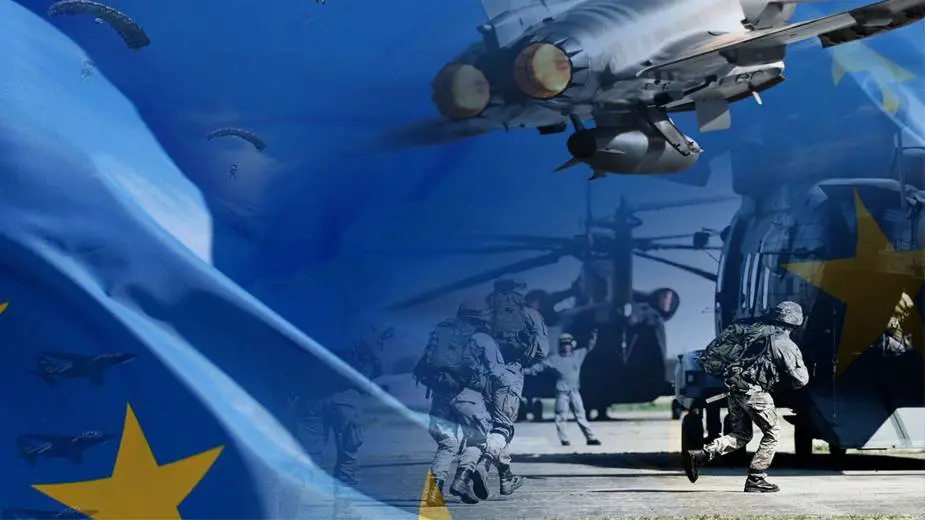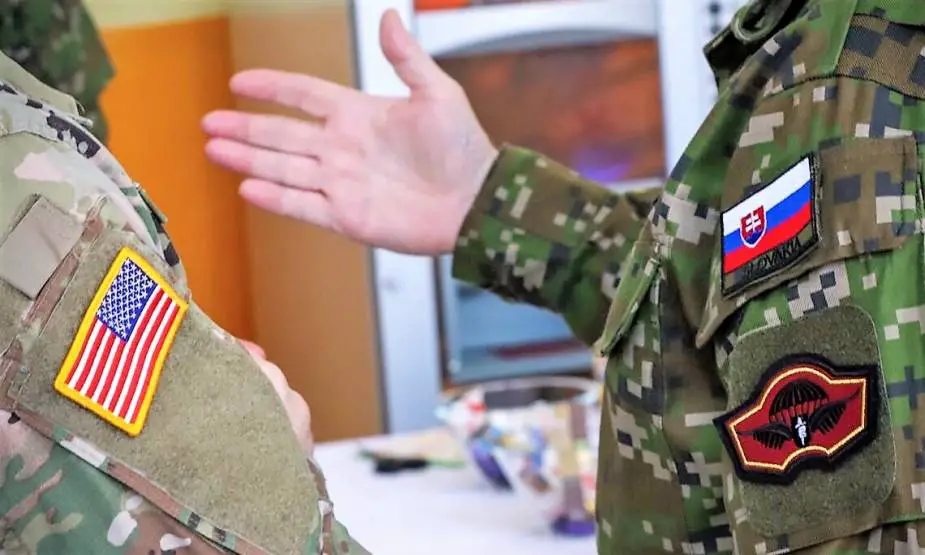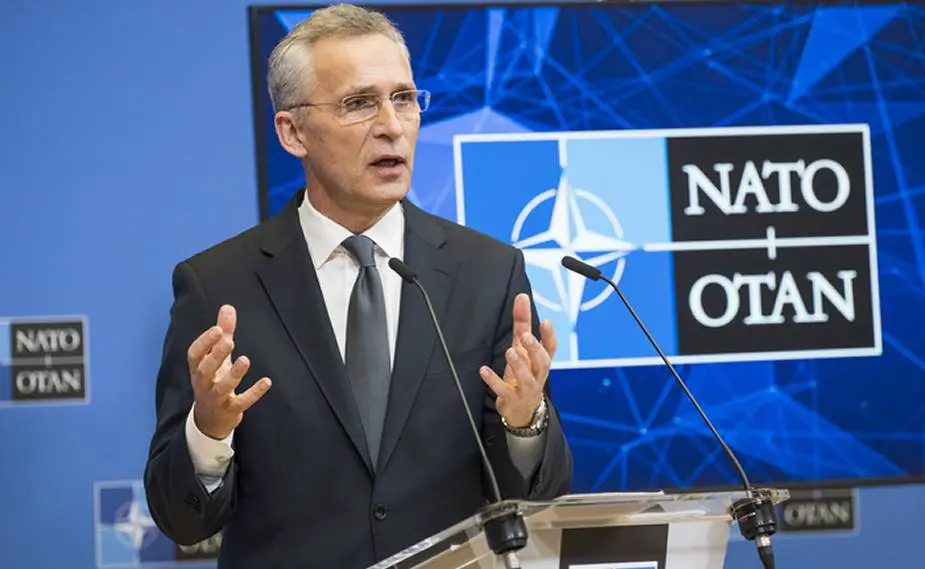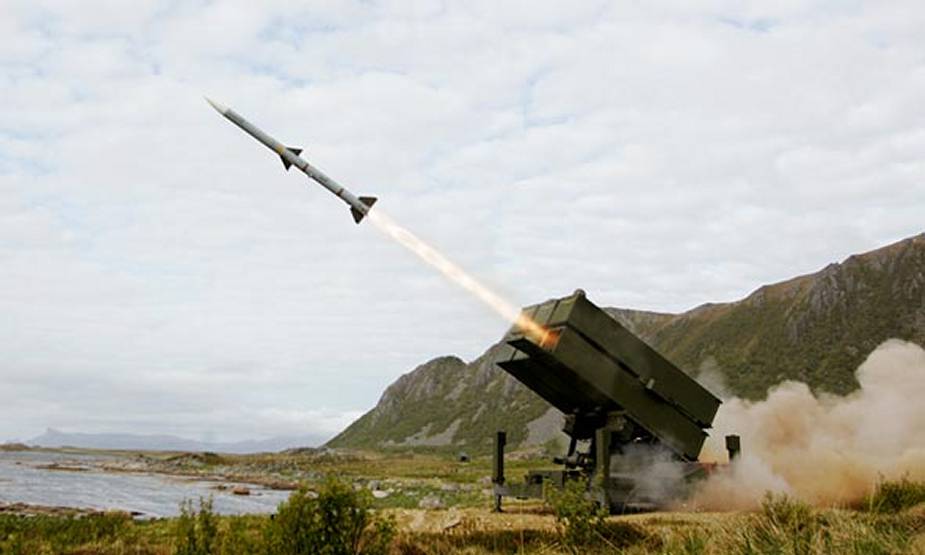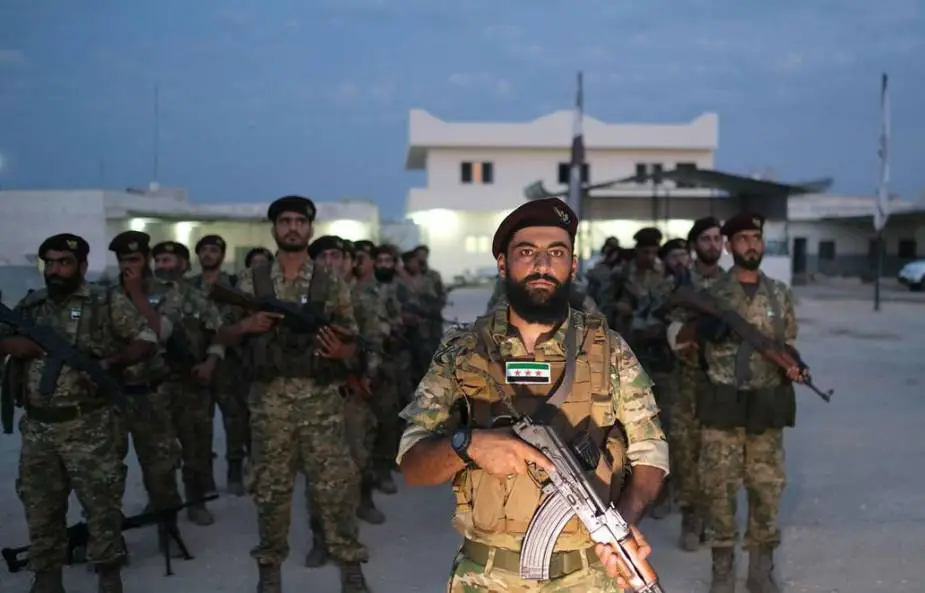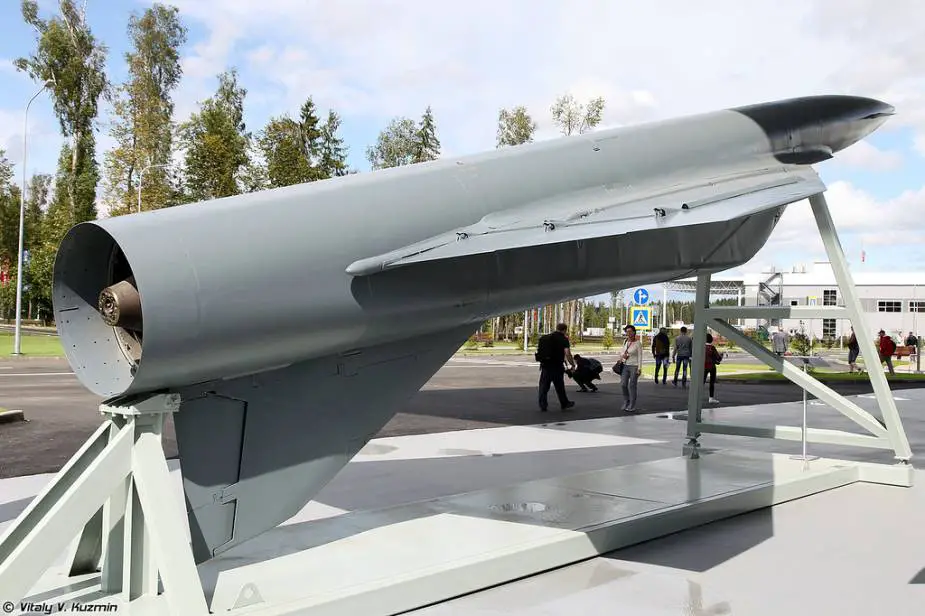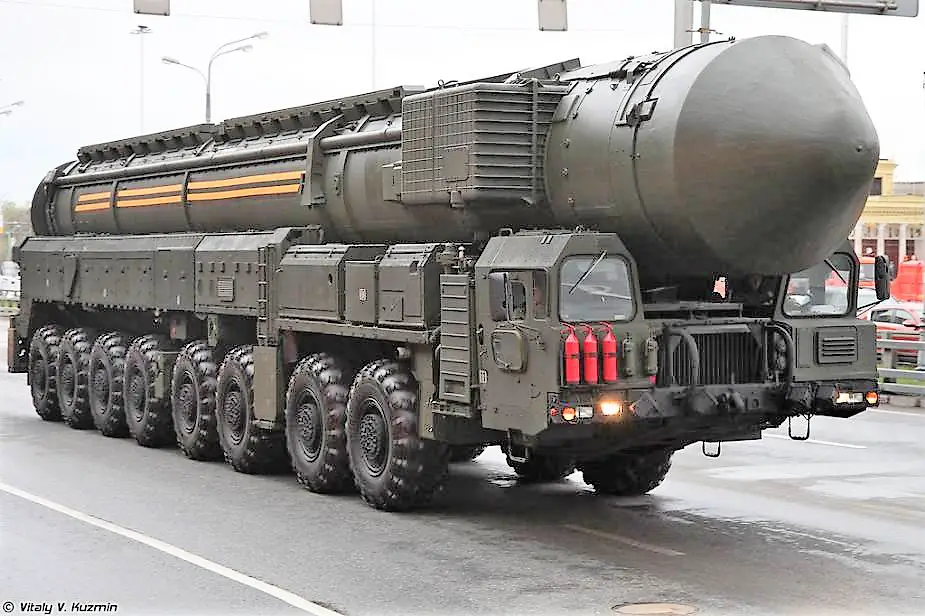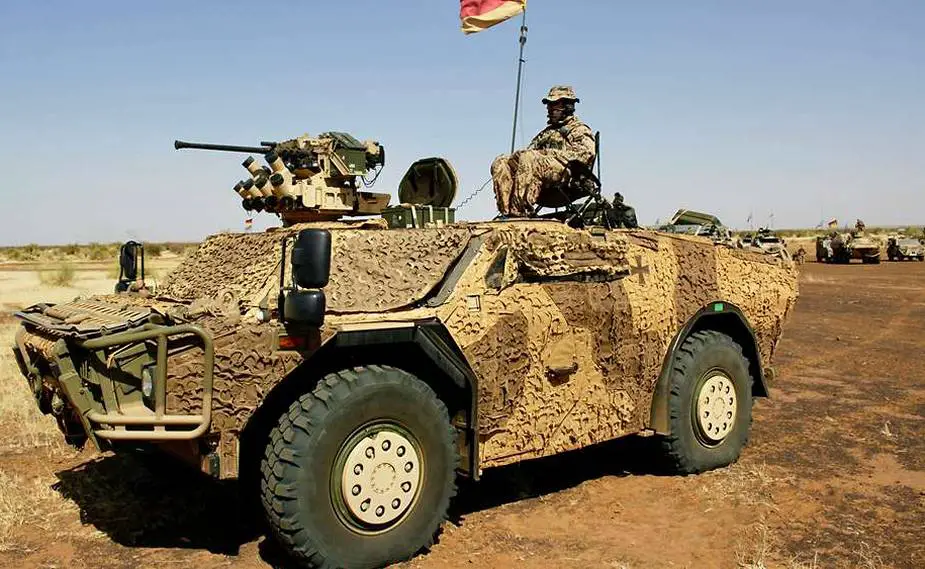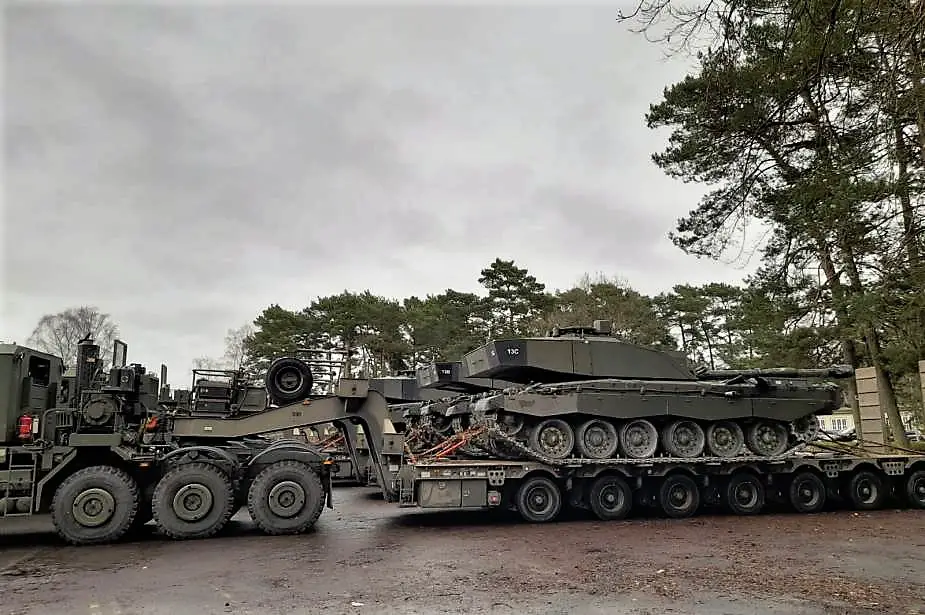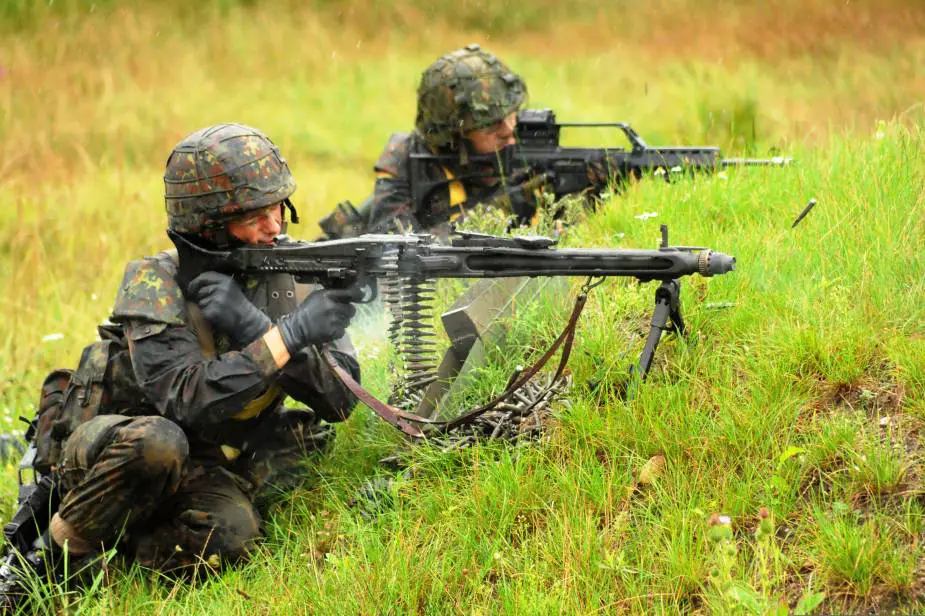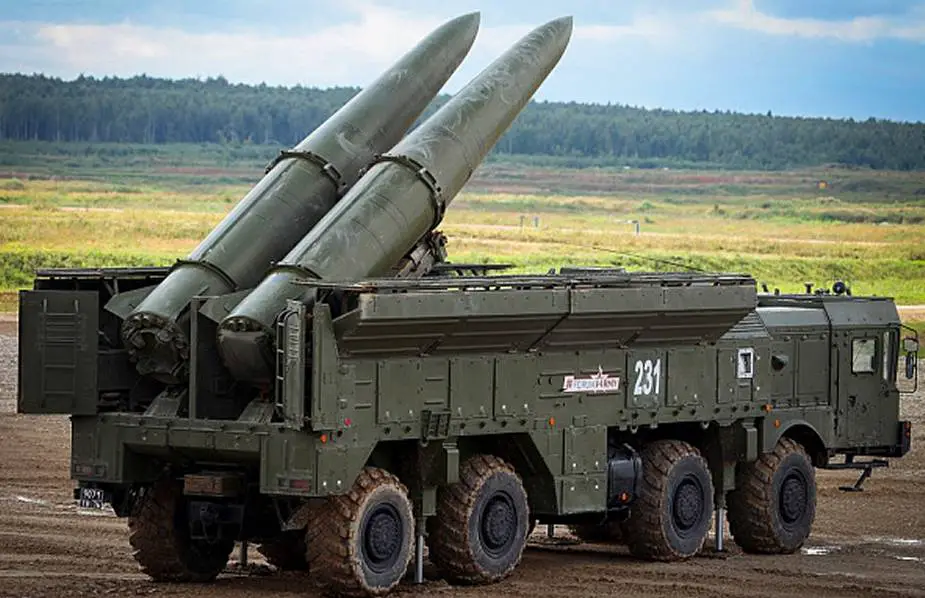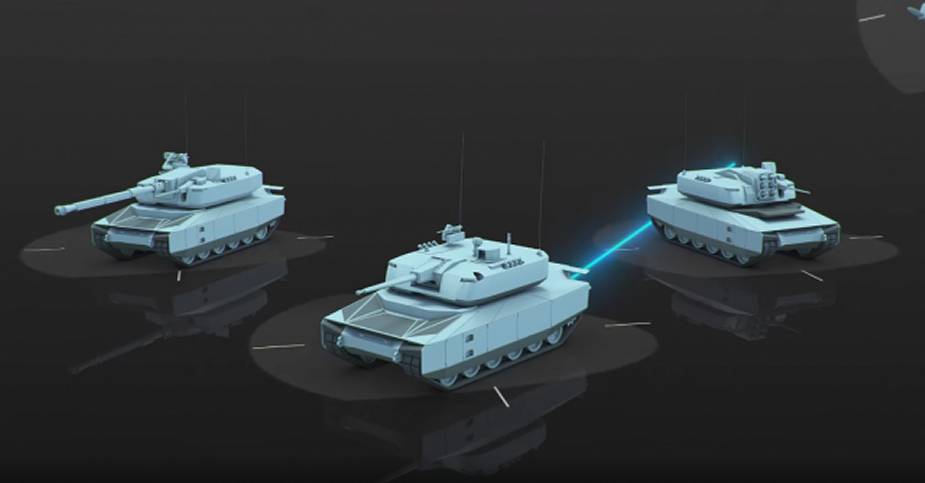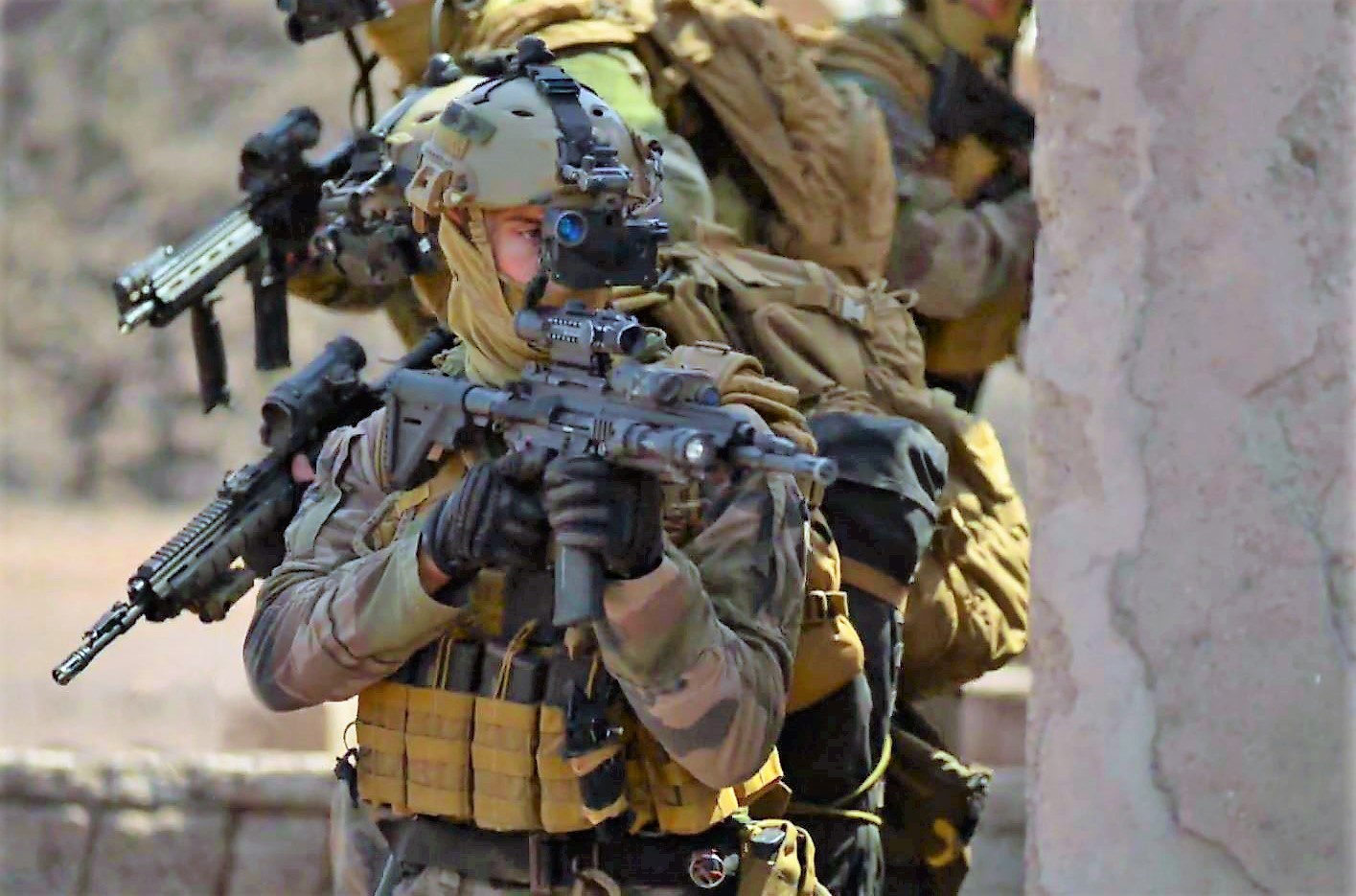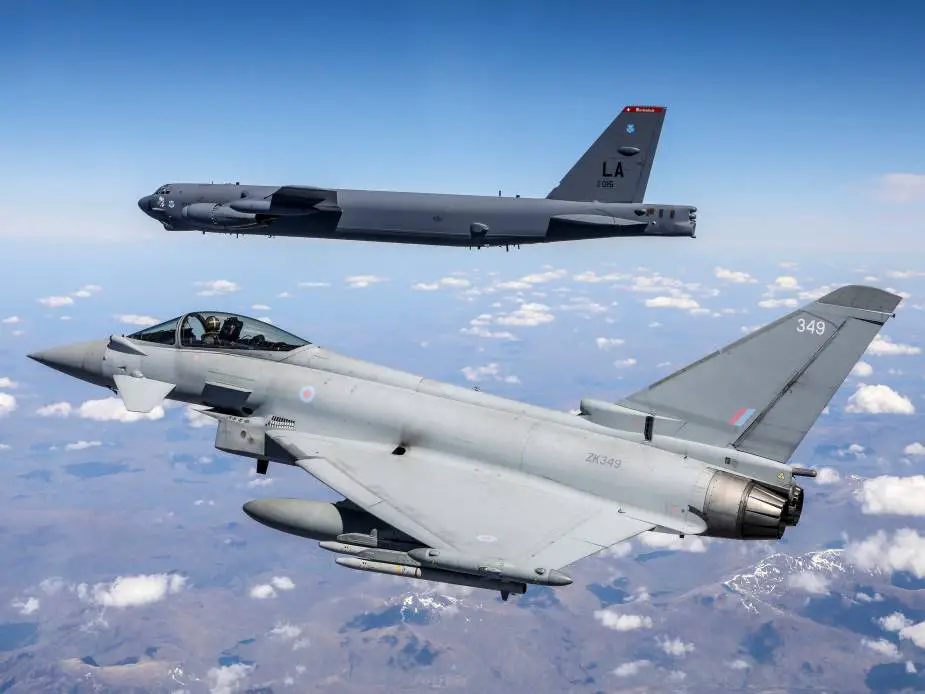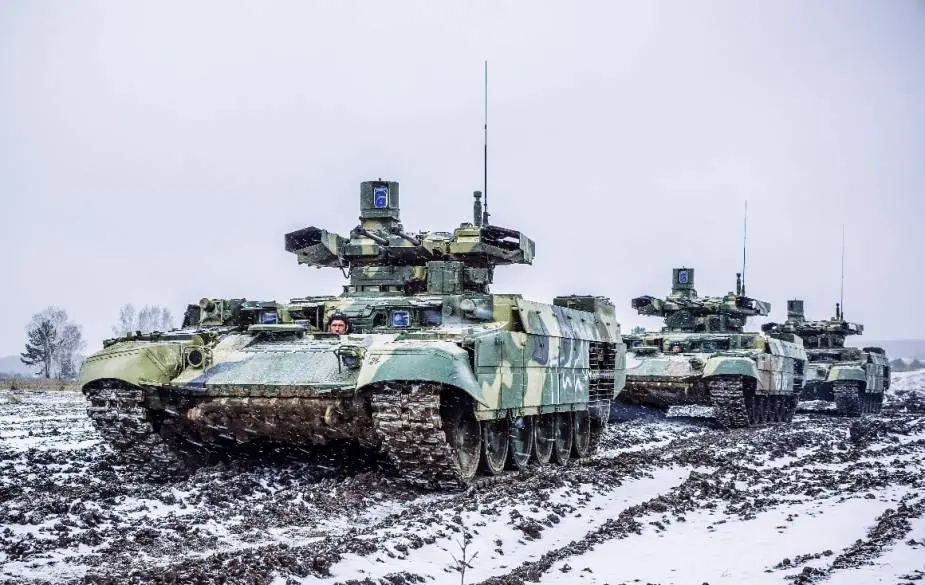- Posted On
C. Todd Lopez reports on the U.S. Department of Defense's website that it has been nearly a month since Russia illegally invaded Ukraine, and Russian forces have been unable to achieve what Pentagon leaders believe to be their goals. "We're on day 26 the Russians have clearly not achieved many or almost all of the objectives that ... we believe they were setting out to achieve," said Pentagon Press Secretary John Kirby during a briefing today. "They wanted to get after population centers so that they could take control of key ports, key cities, key government institutions. And supplant the government of Ukraine with one more friendly to Russia and then, basically, over time, erase the sovereignty of Ukraine."






